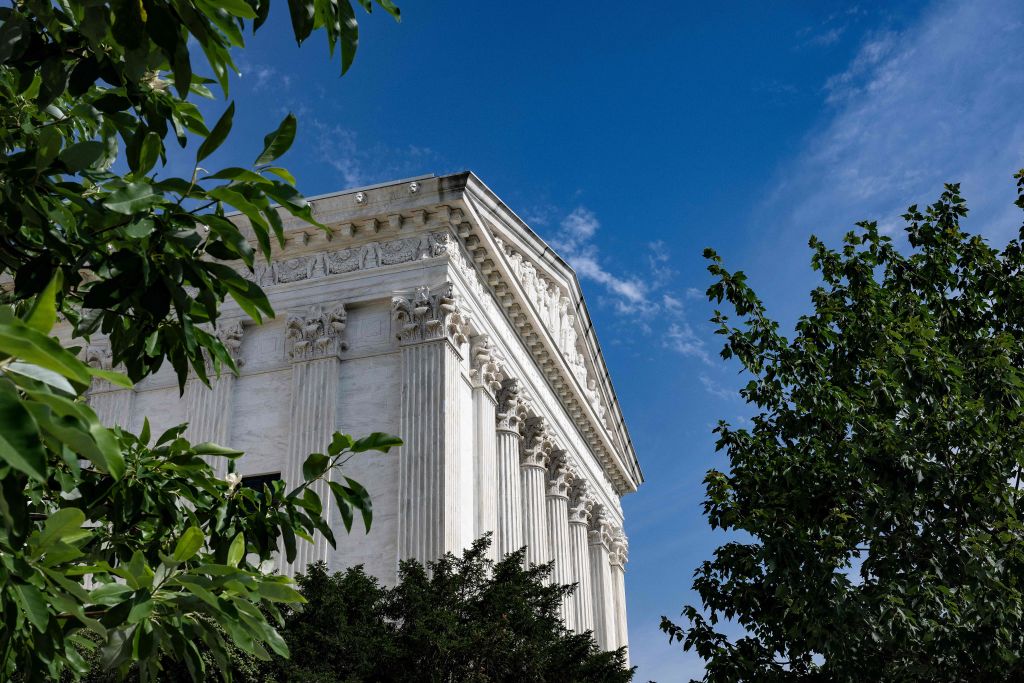The Supreme Court unanimously ruled in Groff v. DeJoy that employers must show granting a religious accommodation would result in “substantial increased costs” before denying one to an employee.
Gerald Groff, a former postal worker, sued the U.S. Postal Service (USPS) in 2019 after it failed to accommodate his request for Sundays off, a religious accommodation he argued was required under Title VII of the Civil Rights Act of 1964 and the Equal Employment Opportunity Act of 1972.
On Thursday, the Supreme Court rejected the standard set out in a 1977 ruling, Trans World Airlines, Inc. v. Hardison, which limited protections under Title VII, finding that religious accommodations do not need to be made when the employer will bear more than a trivial, or “de minimis,” burden.
“Having clarified the Title VII undue-hardship standard, we think it appropriate to leave the context specific application of that clarified standard to the lower courts in the first instance,” Justice Samuel Alito wrote in the majority opinion.
During oral arguments, Groff’s attorney argued that the standard set in Hardison goes against the clear text of the statute, which only exempts employers from making accommodations when it imposes an “undue hardship.”
This is a breaking news story and will be updated.
All content created by the Daily Caller News Foundation, an independent and nonpartisan newswire service, is available without charge to any legitimate news publisher that can provide a large audience. All republished articles must include our logo, our reporter’s byline and their DCNF affiliation. For any questions about our guidelines or partnering with us, please contact [email protected].
All content created by the Daily Caller News Foundation, an independent and nonpartisan newswire service, is available without charge to any legitimate news publisher that can provide a large audience. All republished articles must include our logo, our reporter’s byline and their DCNF affiliation. For any questions about our guidelines or partnering with us, please contact [email protected].


























 Continue with Google
Continue with Google